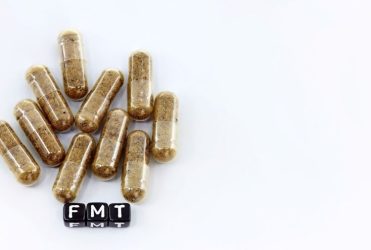
In a world-first clinical trial published Nature Medicine, a multi-centre study found 65 percent of advanced melanoma patients who retained the donors’ microbiome after a faecal microbiota transplants (FMT) had a clinical response to immunotherapy.
While immunotherapy drugs can significantly improve survival outcomes in melanoma, they are only effective in 40 to 50 percent of patients.
“We have reached a plateau in treating melanoma with immunotherapy, but the microbiome has the potential to be a paradigm shift,” stated Dr Bertrand Routy, Oncologist and Director of CHUM’s Microbiome Center.
Improving melanoma immunotherapy response using faecal transplants
The Phase I clinical trial included 20 melanoma patients who were administered approximately 40 faecal transplant capsules orally during a single session, one week before they started immunotherapy treatment.
“These exciting results add to a rapidly growing list of publications suggesting that targeting the microbiome may provide a major advance in the use of immunotherapy for our patients with cancer,” added Dr Wilson H Miller Jr of the JGH and Professor in the Departments of Medicine and Oncology at McGill University.
Data from the study reported that combining faecal transplants with immunotherapy FMT from healthy donors was safe. However, five patients did experience adverse events sometimes associated with immunotherapy and had their treatment discontinued.
“Our group has been doing faecal transplants for 20 years, initially finding success treating C. difficile infections. This has enabled us to refine our methods and provide an exceptionally high rate of the donor microbes surviving in the recipient’s gut with just a single dose,” explained Dr Michael Silverman, Lawson Scientist, Chair of Infectious Diseases at Schulich Medicine and Medical Director of the Infectious Disease Care Program at St Joseph’s Health Care London. “Our data suggests at least some of the success we are seeing in melanoma patients is related to the efficacy of the capsules.”
A larger Phase II trial is already underway. Researchers at the Lawson Health Research Institute are also investigating the potential of faecal transplants for other cancers including renal cell carcinoma, pancreatic cancer and lung cancer, as well as HIV and rheumatoid arthritis.
The post Could faecal transplants improve melanoma immunotherapy? appeared first on European Pharmaceutical Review.